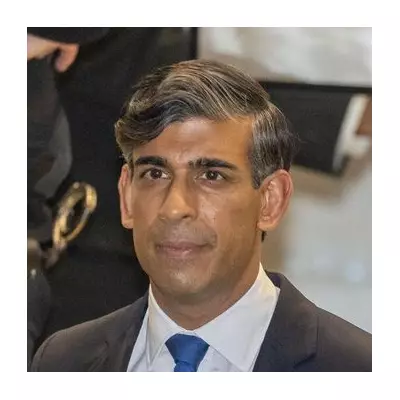
British far-right activist Tommy Robinson has taken his controversial platform to the Middle East, delivering a fiery speech to supporters in Tel Aviv during a trip that has sparked widespread condemnation and protests.
From British Streets to Israeli Stage
The English Defence League founder, whose real name is Stephen Yaxley-Lennon, appeared at a rally organised by Israeli activists who invited him to speak about what they described as "the fight against radical Islam." The event drew both enthusiastic supporters and angry protesters, creating a tense atmosphere in the Israeli city.
Controversial Figure, International Platform
Robinson's presence in Israel represents a significant expansion of his political activities beyond British borders. Known for his anti-Islam activism and multiple convictions in the UK, his international appearance has raised eyebrows among political analysts and human rights organisations.
During his speech, Robinson repeated familiar themes from his UK activism, warning about what he termed "Islamic extremism" while positioning himself as a defender of Western values. His rhetoric received both cheers from supporters and jeers from counter-protesters who gathered outside the venue.
Mixed Reactions and Security Concerns
The event required significant security presence as tensions ran high between Robinson's supporters and detractors. Israeli police maintained a heavy presence around the venue, separating opposing groups and ensuring the event proceeded without major incident.
Local human rights organisations condemned the invitation, calling Robinson's views "divisive" and "inflammatory." Meanwhile, his Israeli hosts defended the decision, arguing that his perspective on Islamic extremism deserved to be heard.
Political Fallout and Future Implications
Robinson's Middle East appearance comes at a sensitive time in UK-Israel relations and raises questions about the internationalisation of far-right movements. Political commentators suggest this represents a new phase in Robinson's activism as he seeks broader international recognition.
The trip has also sparked debate in British political circles about the export of domestic political conflicts to international stages. Critics argue that Robinson's appearance in Israel could damage community relations in the UK, while supporters see it as evidence of his growing international relevance.
As Robinson continues his foreign engagements, the political repercussions are likely to be felt both in Middle Eastern diplomacy and British domestic politics, creating new challenges for government officials and community leaders alike.





